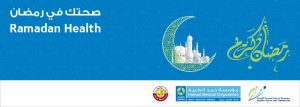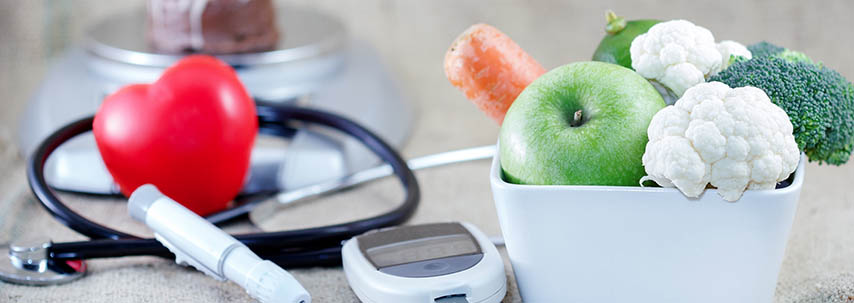Manal Musallam, Director of Diabetes Education at Hamad Medical Corporation (HMC) National Diabetes Centre said that Ramadan can be one of the most critical times of the year for diabetics.
Diabetes, both Type 1 and Type 2, is a condition that requires careful management, blood sugar control, appropriate diet, and for many patients strict adherence to medication regimes. Ramadan can be a very challenging time for diabetics who chose to fast because fasting alters the timings of meals and disturbs sleeping patterns, both of which can affect a person’s metabolic state.’
Patients with diabetes who are able to safely fast are advised to avoid making major changes to their diet during Ramadan. Musallam said that it’s important that diabetics do not break their fast with a large, excessive meal as there is the risk of post-meal hyperglycemia (high blood sugar).
Meals eaten during Ramadan are often large and contain fried and sugary foods which can have an impact on blood glucose control. Iftar often turns into a celebration for many families. For diabetics, it is important to ensure that Iftar remains a meal and does not become a feast.’
Hyperglycemia, or high blood sugar, can be caused by an increase in food or sugar intake or by an excessive reduction in dosages of diabetes medications. Symptoms of hyperglycemia include a dry mouth, blurred vision, increased thirst, and frequent urination. Musallam said that during Ramadan, diabetics should follow Prophet Muhammad Sunnah’s instruction and break their fast with one date and a sip of water. This will help encourage the digestion process and will also help prevent a sudden rise in blood sugar. Patients with diabetes are also advised to eat as they normally do, the only difference being the timing of meals rather than the quantity or type of food consumed.
Diabetes Hotline
 HMC in collaboration with the Qatar Diabetes Association, operates a diabetes hotline each year. The emergency service provides medical advice related to diabetes and fasting. Many of the calls received, according to Musallam, are questions about medication adjustments and people trying to find out if it is medically necessary to break their fast. She said that many of the complications diabetics encounter during Ramadan are preventable.
HMC in collaboration with the Qatar Diabetes Association, operates a diabetes hotline each year. The emergency service provides medical advice related to diabetes and fasting. Many of the calls received, according to Musallam, are questions about medication adjustments and people trying to find out if it is medically necessary to break their fast. She said that many of the complications diabetics encounter during Ramadan are preventable.
The emergency service hotline number is 5598 1331, available seven days a week from 8 pm to 11 pm.
The Ministry of Public Health together with HMC and the Primary Health Care Corporation have also partnered again this year to re-launch the Ramadan Health website, this year introducing a companion smartphone and tablet app. Visit the website at hamad.qa/ramadanhealth, or download the app by searching for ‘Qatar Health’ (available for iOS and Android operating systems).








